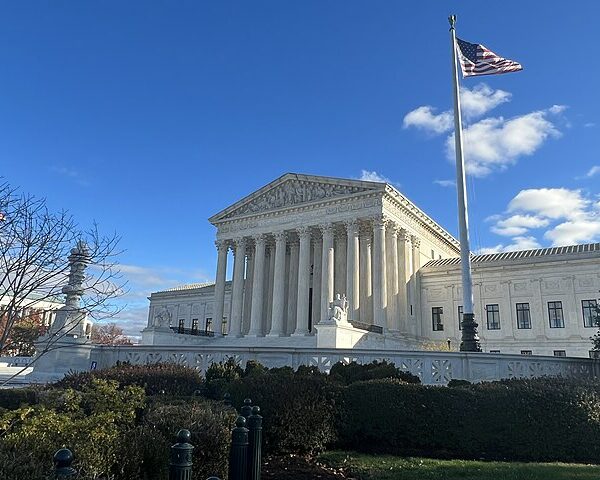
Who could have guessed this would have ended up being disastrous? Illinois’ landmark cashless bail overhaul is under renewed fire after a horrific attack aboard a Chicago train, where a man with a long record of arrests was free on pretrial release when he allegedly doused a sleeping woman with gasoline and set her ablaze. The case has intensified scrutiny of Governor J.B. Pritzker’s criminal justice reforms and sparked fresh questions about public safety in the nation’s first state to eliminate cash bail.
Pritzker, the billionaire heir to the Hyatt Hotel fortune, considers himself a 2028 frontrunner.
Federal prosecutors say Lawrence Reed, 50, now faces terrorism charges after the November 17 assault on the Blue Line. Authorities allege he approached the woman as she slept, poured gasoline over her, and ignited it. She was rushed to the hospital with severe burns. The Department of Justice later charged Reed with committing a terrorist act against a mass transportation system.
Reed’s presence on the streets was a direct result of the SAFE-T Act, the sweeping law Gov. Pritzker signed in 2021 that abolished cash bail statewide and was later amended before taking effect, according to The Daily Caller. Just three months before the attack, Reed had been charged with assaulting a social worker—an incident that left the victim with a concussion, a corneal abrasion, and a chipped tooth. Despite prosecutors’ objections, Cook County Judge Teresa Molina-Gonzalez released him under electronic monitoring.
During the hearing, the judge defended her decision. “I can’t keep everybody in jail because the State’s Attorney wants me to,” Molina-Gonzalez reportedly told prosecutors. She had previously been endorsed by the county’s Democratic Party.
Court records show Reed repeatedly violated his release conditions. A different judge later removed electronic monitoring altogether, replacing it with a simple curfew—details laid out in a DOJ detention filing. Prosecutors cataloged Reed’s extensive criminal history: 72 arrests and eight felony convictions across three decades, including probation for a 2020 arson of a Chicago building.
The federal motion was blunt about the state’s handling of the case. “Defendant has been leniently treated in state court, including receiving probationary sentences for violent offenses and pre-trial release for a victim-involved crime,” prosecutors wrote. “In exchange for such lenient treatment, defendant has consistently re-offended and delved further into criminality.” They concluded: “The state court system has been unable to contain defendant’s violent crimes, and federal intervention is now needed.”
U.S. Magistrate Judge Laura McNally ordered Reed held pending trial on November 22. Reed, representing himself, could not be reached for comment.
Gov. Pritzker has long defended the SAFE-T Act as necessary to address inequities in the bail system. In a December 2022 statement, he argued the law prevented “a system where wealthy violent offenders can buy their way out of jail, while less fortunate nonviolent offenders wait in jail for trial.” He added, “Advocates and lawmakers came together and put in hours of work to strengthen and clarify this law, uphold our commitment to equity, and keep people safe.”
But the attack has prompted a shift in tone. Speaking to reporters on November 22—just days after the Blue Line assault—Pritzker signaled openness to revisiting the law. “Sometimes bills get passed and everybody that votes for it knows that there needs to be a trailer bill or a tweak that needs to be made afterward, so I think everybody is open to listening to what changes might need to be made.”
The incident has drawn national attention. President Trump, referencing the case on November 25, said, “They burned this beautiful woman riding in a train. A man was arrested 72 times… It’s horrible what’s happening in Chicago.”
Pritzker’s office has pointed questions back to his recent comments, while critics of the SAFE-T Act argue the assault is evidence of a public-safety failure. Supporters counter that the law enhances fairness without endangering communities.
Surveillance footage released by authorities shows the brutality of the attack—a grim snapshot now fueling a broader fight over how anarchy has slowly descended on the Land of Lincoln during Pritzker’s reign.
[Read More: Liberal Culture Is Making Them Go Extinct]











